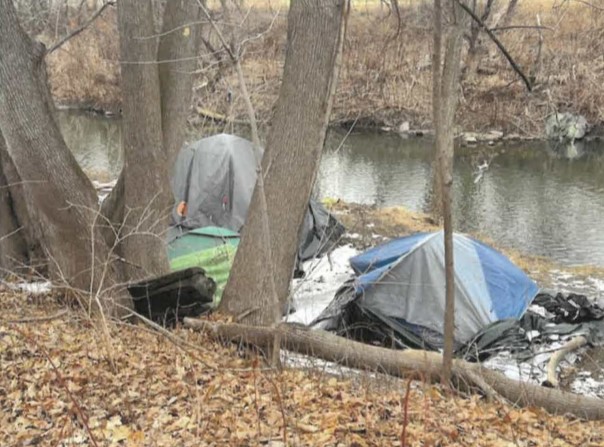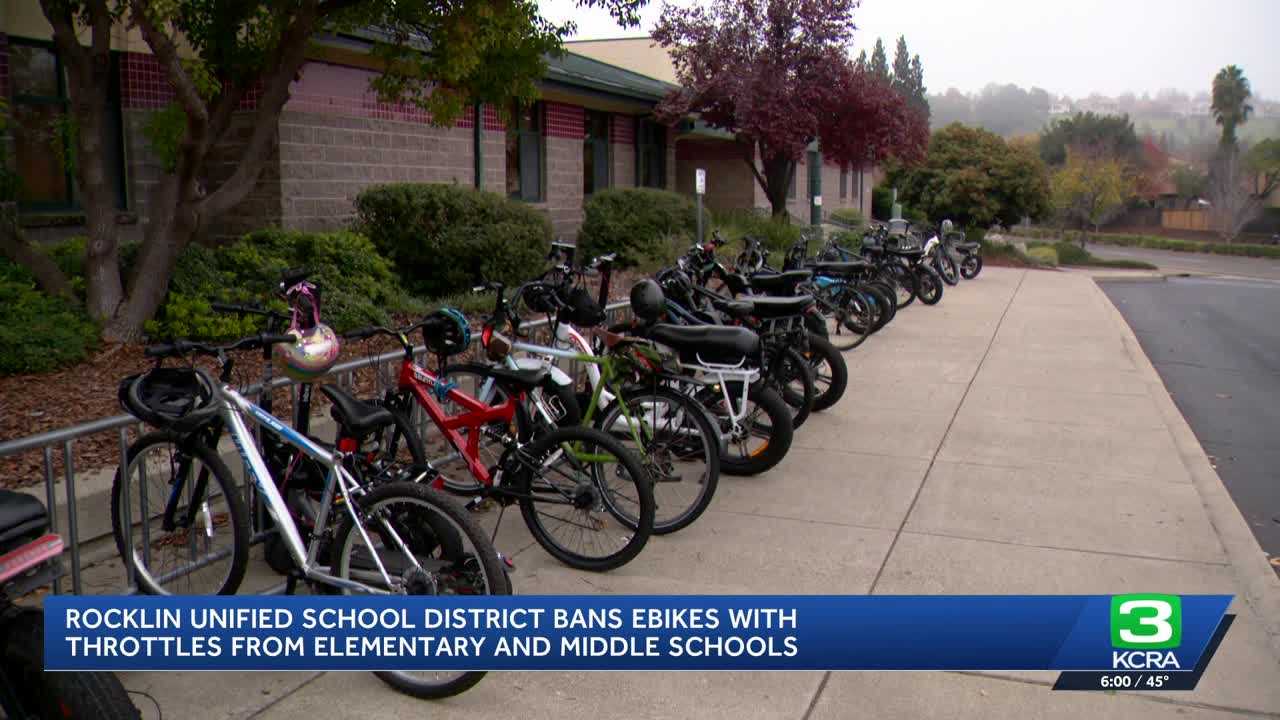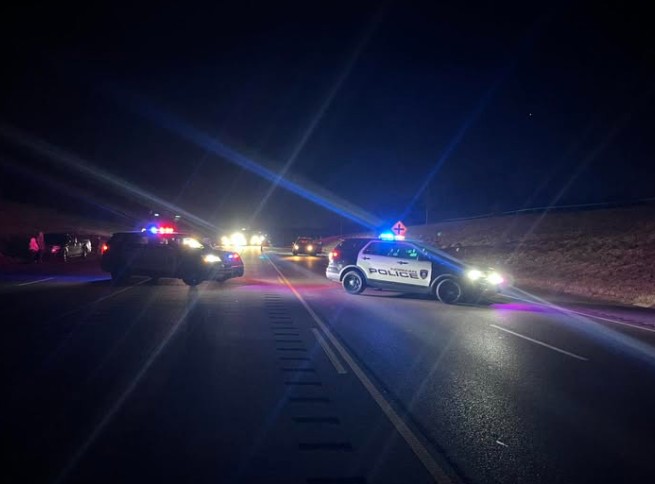Addressing Homelessness: Allentown’s Call for Compassionate Solutions

Homelessness remains a pressing issue in Allentown, Pennsylvania, prompting local officials and community organizations to advocate for more compassionate and effective solutions. Recent developments, including the potential passage of state Bill SB780, are raising concerns that the approach to homelessness may be shifting towards criminalization rather than support. This bill, which would empower municipalities to dismantle homeless encampments, is currently under discussion following its approval in the state Senate.
The Allentown Commission on Homelessness, co-chaired by Christina DiPierro and Abigail Goldfarb, emphasizes that the focus should be on addressing homelessness as a systemic problem, rather than viewing homeless individuals as the issue. In a recent statement, the Commission outlined the importance of recognizing that homelessness is a complex crisis that requires thoughtful solutions.
Community Concerns and Legislative Actions
Legislative actions, such as the consideration of SB780, reflect a growing concern about homeless encampments in the area. The bill is designed to give local governments broader authority to disperse encampments on both public and private property. If passed, it would also allow individuals living near these encampments to advocate for their removal. In Allentown, city officials recently ordered residents of an encampment along Jordan Creek to vacate by August 25, 2023. This decision followed a lawsuit from a developer claiming that the encampment was negatively impacting nearby property.
While addressing the encampments, the Allentown Commission on Homelessness urges the community to consider the underlying issue. DiPierro and Goldfarb point out that simply moving individuals along does not eliminate homelessness. “When homeless people are displaced, they do not vanish; they require viable alternatives,” they state.
A Call for Meaningful Solutions
The Commission’s mission is to develop effective responses to homelessness in Allentown. This includes collaborating with various stakeholders, such as the Allentown School District and local health networks, to create strategies that address the needs of those experiencing homelessness. Recent statistics reveal that approximately 60% of individuals living in the Jordan Creek encampment are elderly or physically disabled. Furthermore, the Allentown School District reports that there are currently 715 homeless students in the city.
Recognizing these challenges, the Commission advocates for humane solutions, including the establishment of a year-round emergency shelter equipped with essential services. They propose options such as safe camping sites with facilities like bathrooms, showers, and cooking areas. Additionally, preventive measures aimed at assisting individuals before they become homeless are critical.
The need for affordable housing has also become a focal point in the discussion. DiPierro and Goldfarb emphasize that meaningful conversations about homelessness must include the lack of attainable housing options.
For those interested in participating in the discussions about homelessness, the Allentown Commission invites community members to a conversation on August 26 at noon at the Allentown YMCA, located at 425 15th Street. Attendees are encouraged to bring their concerns and ideas for solutions, fostering a collaborative environment aimed at supporting vulnerable populations in the city.
As the community grapples with homelessness, the Commission asserts that now is the time for collective action rather than resignation. “We must come together, work together, and strive to improve the situation for our neighbors and our city,” they conclude, reinforcing the need for compassion and collaboration in addressing this urgent issue.






